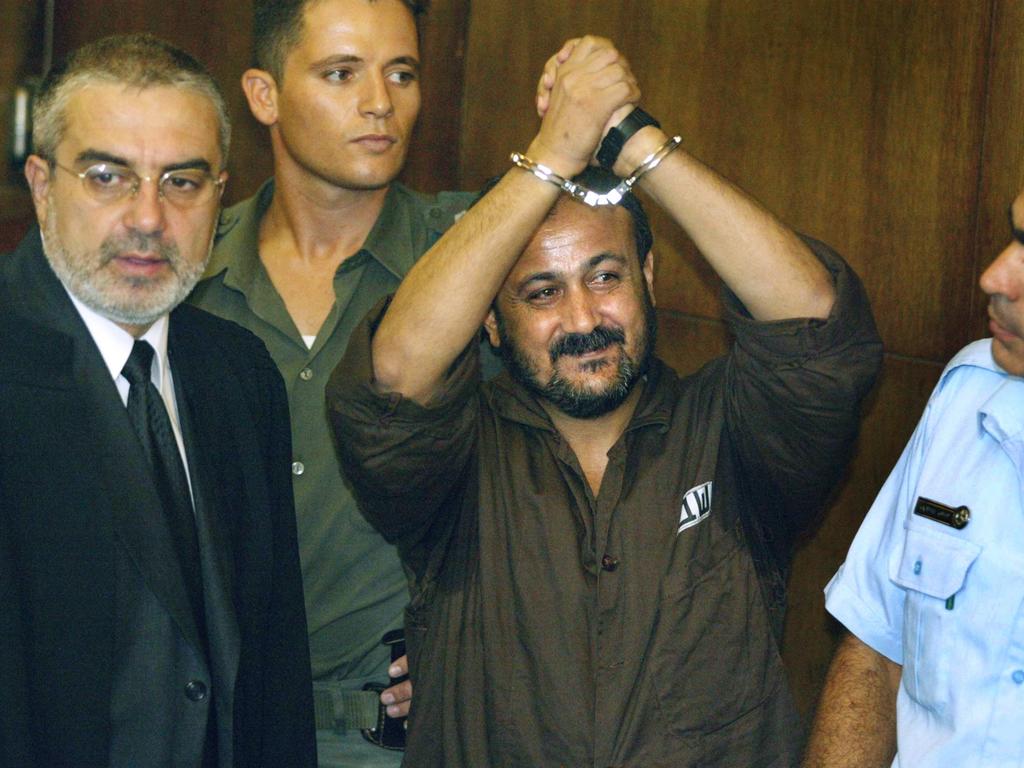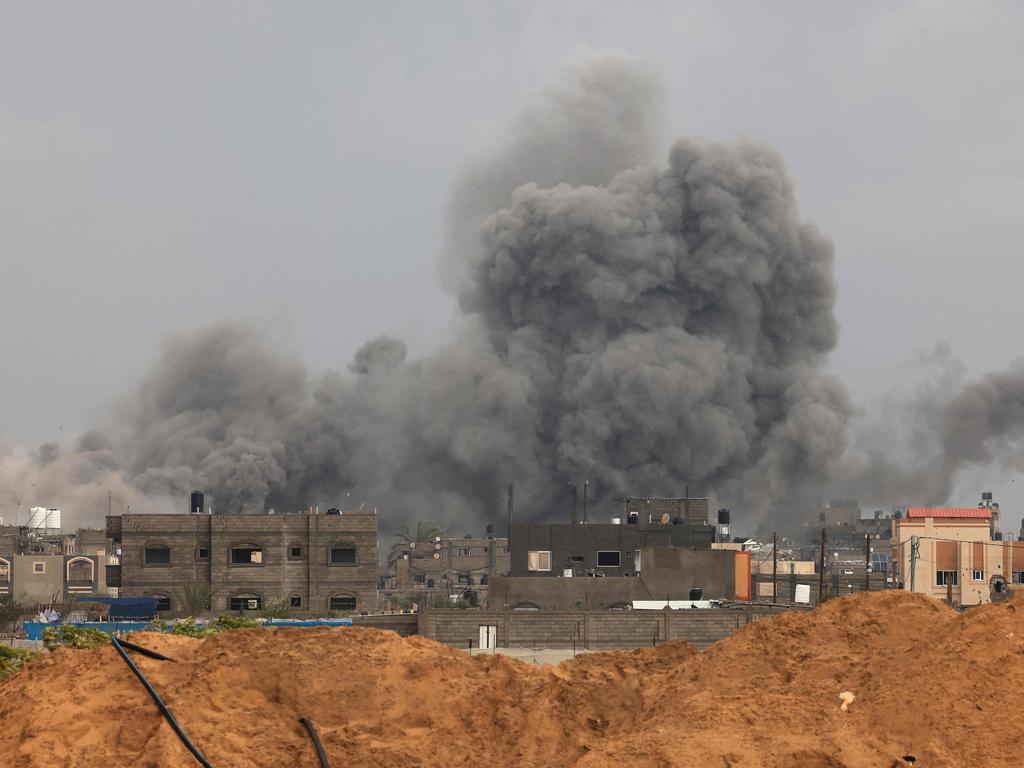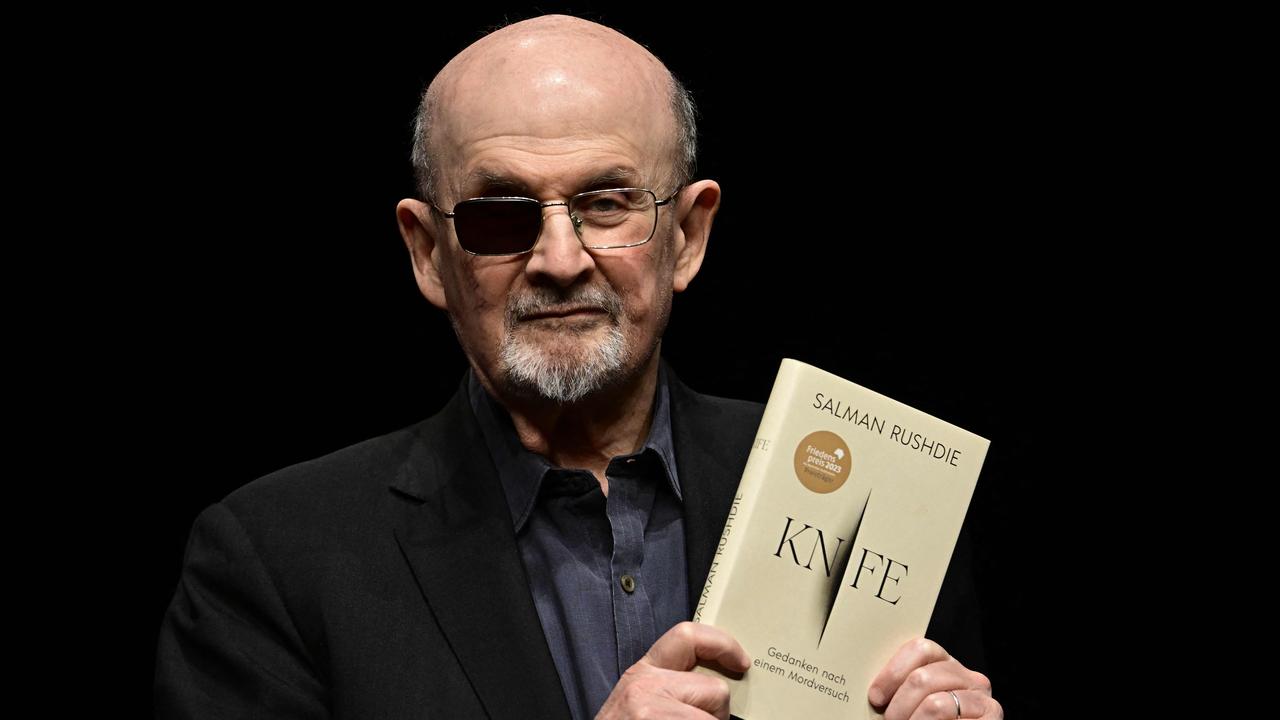Benjamin Netanyahu spurns Hamas truce offer, says ‘crushing victory’ close
War will end with complete victory in months, the Israeli prime minister declares.
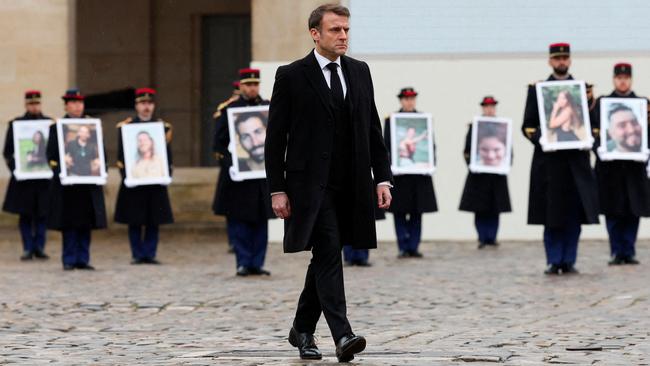
Israeli Prime Minister Benjamin Netanyahu has rejected a ceasefire deal proposed by Hamas and poured scorn on peace efforts to end the four-month war in Gaza, vowing to pursue a “crushing victory” instead.
Mr Netanyahu said the families of 136 hostages were uppermost in his thoughts but he insisted that continued military action was the best way of securing their freedom, as he predicted the war would continue for months rather than years.
In an evening press conference staged after Hamas outlined its ceasefire deal, Mr Netanyahu promised to advance on Rafah, the southernmost city in Gaza, despite international calls for restraint. “We are on the way to complete victory. The victory is within reach,” he said.
The ceasefire proposal by Hamas included the complete withdrawal of Israeli forces from Gaza – something Mr Netanyahu had ruled out – as well as further pauses in fighting. He swiftly rejected those demands: “Surrendering to Hamas’s delusional demands that we heard now not only won’t lead to freeing the captives, it will just invite another massacre.”
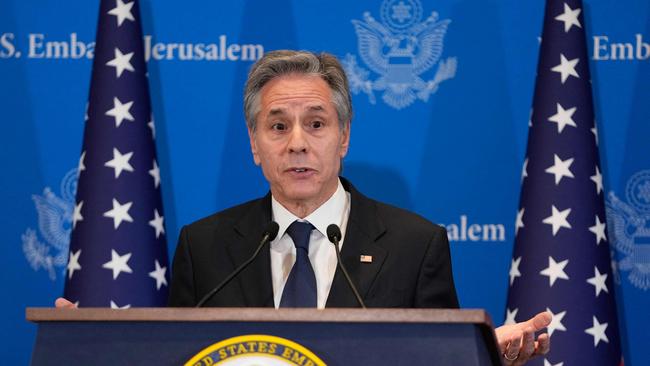
Mr Netanyahu must balance the demands of Western allies urging him to scale back the war and the belligerence of hard-right ministers who insist the assault should continue and have threatened to collapse his government at any perceived softening of his position. The Prime Minister can ill afford to hold elections since polling suggests he would lose power.
The Hamas counter-offer was made after a week of deliberation amid reports of a rift between the group’s leadership in Gaza and those based abroad. The militia proposed a 135-day ceasefire, split into three 45-day phases. It came in response to Israeli demands conveyed via
Egyptian and Qatari intermediaries. In the first stage of the Hamas-envisaged truce, Israeli female hostages, men under 19 and the elderly and sick would have been exchanged for Palestinian women and children prisoners. The second stage would have freed the remaining Israeli male hostages in return for the withdrawal of the Israeli army from Gaza. Bodies would have been returned in the final stage.
El-Reshiq, a member of the Hamas political bureau, said the militia aimed “to stop the aggression against our Palestinian people and secure a complete and lasting ceasefire as well as provide relief, aid, shelter and reconstruction”. A senior Hamas official, Sami Abu Zuhri, later described Mr Netanyahu’s comments as “political bravado”.
US Secretary of State Antony Blinken said there was still “a lot of work” to bridge the gap between the two sides, but expressed hope that a deal to end the fighting was still possible. “While there are some clear non-starters in Hamas’s response, we do think it creates space for an agreement to be reached,” he said.
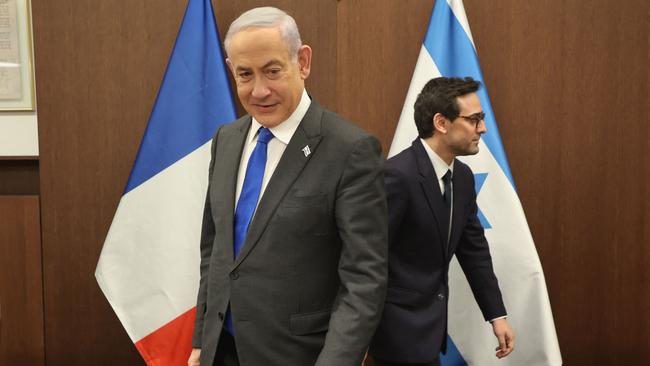
Speaking on a visit to Israel as part of his fifth tour of the Middle East since October 7, Mr Blinken also reiterated US support for the creation of a Palestinian state, something previously rejected by Mr Netanyahu. He stopped short of calling on Israel not to strike Rafah, but added that any “military operation that Israel undertakes needs to put civilians first and foremost in mind”.
“Israel has the responsibility – has the obligation – to do everything possible to ensure civilians are protected,” he added.
In a sign of the domestic pressure Mr Netanyahu is under from some quarters of Israeli society to maintain his aggressive approach, hard-right demonstrators who have blocked convoys of humanitarian aid to Gaza will march to Jerusalem on Thursday. The families of some hostages have attended the protests but other families are lobbying for a deal.
Mr Netanyahu has signalled that Israeli soldiers will imminently launch a ground offensive on Rafah, close to the border with Egypt, arguing it is the last bastion of Hamas resistance in Gaza.
UN secretary-general Antonio Guterres said he was “alarmed” by the threats made against the city, whose population has swelled because of millions of Palestinians fleeing their homes. “Such an action would exponentially increase what is already a humanitarian nightmare with untold regional consequences,” Mr Guterres said.
In Khan Younis, 11km to the northeast, Israel’s Defence Forces killed 40 Hamas fighters.
President Emmanuel Macron denounced the Hamas attack on Israel four months ago as the “biggest anti-Semitic massacre of our century” as he led a tribute to the 42 French victims who died.
France was the first country outside Israel to hold a big national commemoration of the Hamas attack. After Israel, it had the most citizens among the dead on October 7. It was the biggest single loss of life for France since 86 people were killed in an Islamist attack in Nice in 2016.
“Their lives deserve that we fight relentlessly against ideas of hatred,” Mr Macron told the families of the victims who had mostly flown from Israel for the ceremony at Les Invalides in Paris.
Mr Macron has also promised a memorial for the French citizens who died during the Israeli offensive in Gaza, declaring that “all lives are equal and are invaluable in the eyes of France”.
The Times

